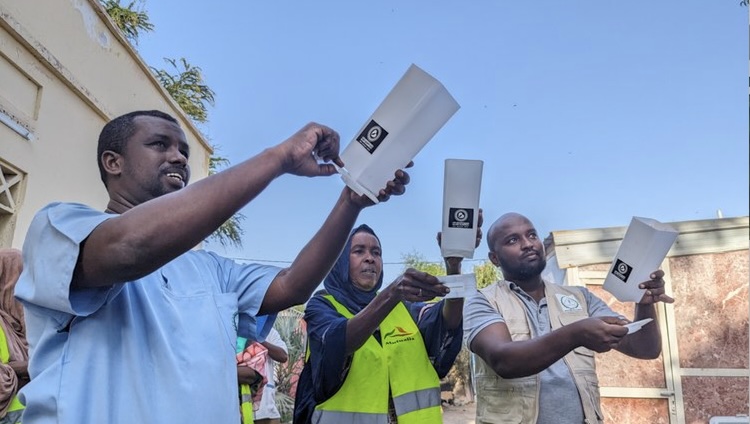Djibouti has recently initiated a groundbreaking approach to combat malaria with the launch of its first full season of pilot releases of Friendly Anopheles stephensi mosquitoes in Djibouti City. This move represents a significant advance in the development of sustainable, targeted solutions to control the disease-spreading Anopheles stephensi, a highly invasive mosquito species responsible for a worrying resurgence of malaria in urban areas across Africa. This initiative follows the successful pilot release of these genetically engineered mosquitoes in May 2024, marking a historic moment as the first such release in East Africa.
The Djibouti Friendly Mosquito Program is a collaborative effort between Djibouti’s National Malaria Control Program, the non-profit public health organization Association Mutualis, and Oxitec Ltd, a leading innovator in biological pest control. This partnership harnesses local expertise and Oxitec’s proven Friendly™ technology to tackle the rising urban malaria threat that poses significant challenges to public health in the region.
The release of non-biting Friendly Anopheles stephensi male mosquitoes will occur in various neighborhoods across Djibouti City, beginning with Douda and Ambouli. The pilot study aims to observe how these genetically engineered mosquitoes interact within urban environments, including their movement patterns, lifespan, and mating behavior with local female mosquitoes. These insights will inform larger-scale efforts to control populations of Anopheles stephensi, ultimately aiming to reduce the incidence of malaria in Djibouti.
Historically, Djibouti was on the brink of eliminating malaria, with just 27 cases reported in 2012. However, the resurgence of malaria is alarming, with cases soaring to 73,000 in 2020. The primary driver of this resurgence is the invasive Anopheles stephensi mosquito, which thrives in urban settings and is difficult to control due to its daytime biting habits and resistance to chemical insecticides. Since its introduction, Anopheles stephensi has spread to several countries, including Ethiopia, Sudan, and Nigeria, threatening over 100 million people in urban areas across Africa.
Oxitec’s biological pest control technology stands out as a safe and effective method to combat this public health menace. The Friendly mosquitoes are designed to be harmless to local ecosystems and are species-specific. Previous success with the Friendly Aedes aegypti mosquitoes, which have been shown to reduce dengue transmission by over 95% in urban areas, demonstrates the potential effectiveness of this approach against Anopheles stephensi.
The decision to launch these mosquito releases comes after rigorous reviews and approvals from Djibouti’s regulatory authorities, alongside extensive community engagement efforts spanning two years. Workshops and public meetings have allowed health officials and community leaders to collaborate on the design and implementation of these field studies, ensuring that local knowledge and concerns are integrated into the project.
Colonel Dr. Abdoulilah Ahmed Abdi, Health Advisor to the President of Djibouti, emphasized the urgency of the situation, stating, “The Anopheles stephensi mosquito is derailing the fight against malaria across Djibouti and the region. Innovative tools are needed, and Djibouti is proud to be driving the development of a new generation of sustainable solutions to protect communities.”
Grey Frandsen, CEO of Oxitec, echoed this sentiment, highlighting the critical role of these releases in developing solutions to combat urban malaria vectors. “We have no time to lose in the fight against malaria,” he stated, underscoring the importance of collaboration between government, local communities, and innovative partners in this mission.
Related
This article was originally published by a innovation-village.com . Read the Original article here. .


